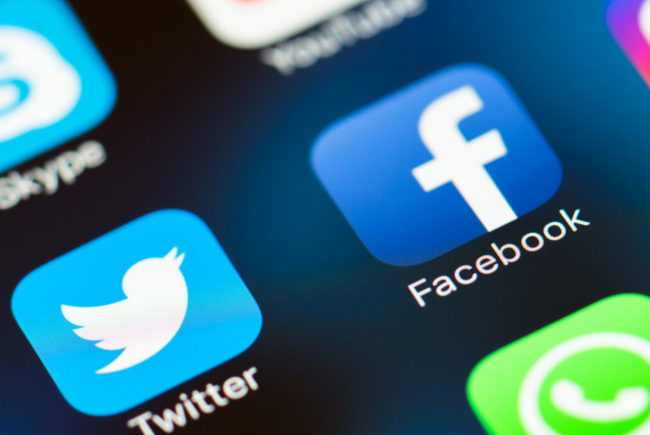The week in media: social media isn’t the problem. Bad leadership is

It’s not for our industry to solve social media’s problems, but it’s our responsibility to finally hold them accountable, writes the editor of Mediatel News
The back cover of a new book about Facebook, titled An Ugly Truth, lists a number of apologies by CEO Mark Zuckerberg and COO Sheryl Sandberg over the years.
“I’m sorry” “We need to do better”, “We need to do a better job”
The New York Times journalists, Sheera Frankel and and Cecilia Kang, could just have easily listed all the times brands boycotted (or at least said they would boycott) Facebook, Instagram and other social media companies.
That could be a mini-book in itself and I’m available to write it if any publishers are interested. In essence, every chapter would follow the same structure:
- Something horrible happens on social media e.g. a foreign country uses Facebook to interfere with democratic elections;
- There is public outcry and media commentators insist something must be done
- Campaigners put pressure on advertisers to stop funding these ad-funded platforms;
- Advertisers threaten to boycott the platforms;
- The social media companies apologise and promise to do better (see above) and perhaps propose some review that will happen at some point in the future;
- The media and public’s attention move on to other things;
- Something horrible happens on social media again… you get the idea.
If insanity is doing the same thing over and over again and expecting a different result, then our industry is in serious need of psychiatric evaluation when it comes to social media.
This week it was black England footballers facing a torrent of racist abuse, last year it was hate speech against the Black Lives Matters Protests. Before that it was people uploading a horrific terrorist attack in New Zealand, before that it was the Russian state using social media to wreck democracy.
Those are just the examples off the top of my head without having to Google anything.
Many people have suggested it is high time for social media to demand ID verification to weed out fake accounts and ensure people who commit crimes (remember that inciting racial hatred is a crime in the UK) can be tracked down by the police.
Others worry that would lead to censorship and would be discriminatory against less affluent people, similar to a voter ID policy.
These are very difficult issues about how we try to regulate free speech on the internet and we’ve been trying to work through them for decades now. Beware anyone that offers easy solutions to a complicated problem.
However, we the public did not create social media. Mark Zuckerberg founded Facebook. Jack Dorsey co-founded Twitter. Just because they created wildly popular and successful companies does not give them a divine right to exist.
When a BP rig exploded in 2010 and dumped 4.9 million barrels of oil into the Gulf of Mexico, I don’t remember anyone having to write letters or threaten petrol station boycotts.
BP was charged with multiple crimes, paid a $4bn fine and was a defendant in a string of private lawsuits. And this is a company whose work, like it or not, is still vital for our economy.
Let’s be clear: social media is also dumping virtual poison into our lives every single day.
While there are many wonderful things about connecting with people across the internet and enabling new forms of creative expression, it’s also an addictive outrage machine for many of us. Outrage has proven to be a powerful tactic for attracting online attention.
These are highly curated platforms where user behaviour is closely monitored so they can sell attention to advertisers. Are we really to believe they can’t do more in order to quickly identify which accounts are there to cause mischief, abuse and fraud?
Put another way, how many of these people were living perfectly normal online lives and then woke up one day and suddenly decided to hurl racist abuse? If human beings are really that unpredictable, a whole wave of ad effectiveness literature may have to be rethought.
It shouldn’t be us coming up with the answers. It should be for Zuckerberg, Dorsey and any other social media company CEO to finally break this cycle of madness.
Otherwise they are manifestly not fit to run these companies and we, the media industry, should not be doing business with them until they are under new management.



